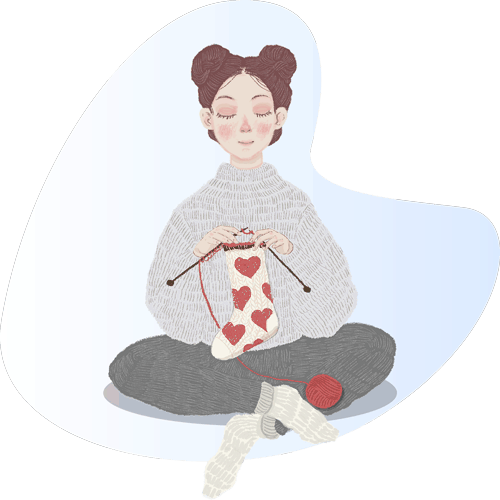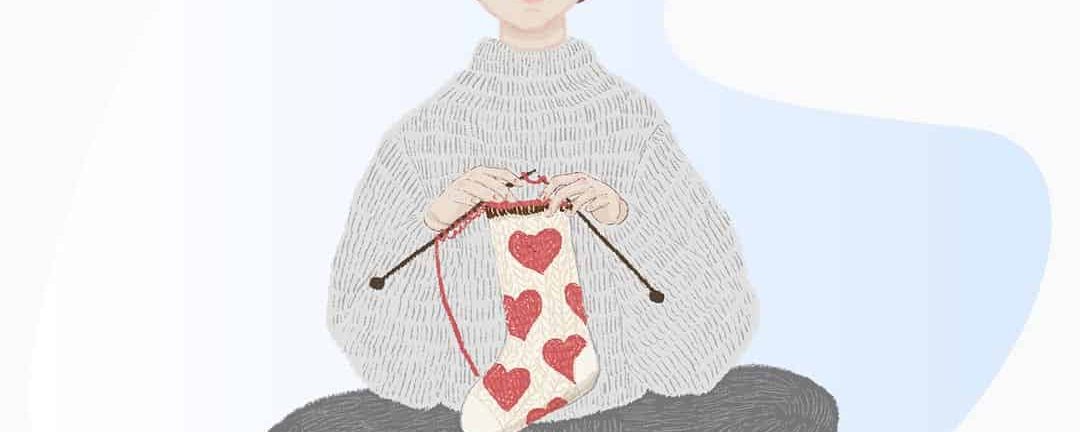We’ve already talked about how to design the perfect morning routine, so why stop there? Unsurprisingly, our night-time routine can be just as important in helping us to navigate through our lives as the best version of ourselves. Unlike morning routines, which are designed to solely prepare you for an awesome day, evening routines have three targets; to help you reflect on the day which has passed so you can learn and evolve, to increase your chances of having the perfect night’s sleep, and to prepare you mentally for starting the next day in the best headspace. So, how do we wrap up the day so we feel we can leave it behind with a clear mind? How can we set ourselves up for that deep restorative sleep that we all so desperately need? How can we ensure that when we wake up the next day, we are maximizing our chances of starting with a balanced mood? Let’s look at some ideas…
Designing An Evening Routine For Success & Happiness

Before we jump into the routine stages, we must talk about sleep itself and how much we should be aiming to get. Most adults function at their optimal after 7-8 hours of sleep, and children after 9-10 hours. Note, if your child suffers from moodiness, a significant factor could be that they are not getting enough sleep. Unfortunately, as adults, many of us prioritize other tasks ahead of sleep, because we see sleep as being a less efficient usage of our time. This is in fact, a mistake. Enough sleep is crucial for many reasons. A lack of sleep can weaken our immune system as you produce less Cytokines (proteins your body releases during sleep which fight off an infection or inflammation). It can shorten our lifespan; in the Whitehall II study, researchers discovered less than five hours of sleep doubled the risk of death from cardiovascular disease.
Sleep deprivation can also cause weight gain; a 2014 study that people sleeping less than six hours per night were 30% more likely to gain weight. This was due to the fact leptin – the hormone which makes you feel full and regulates fat storage – is 15.5% lower in those who regularly sleep five hours or less. Many people also notice a drop in their mood when sleep deprived. Some are prone to mild depression if they get less than 6 hours of sleep, others may get frustrated or irritable. Lastly, sleep deprivation can pose a huge risk as well. Imagine driving when you’ve only slept for 3 hours!
An ideal evening routine can be outlined in several stages:
Reflection
It is so important at the end of the day to reflect on our behavior. This is the best way for us to grow as people, to not repeat mistakes, to release our emotions, and to develop deeper levels of empathy. Some people like to do their reflection mentally, in that they have a list of questions which they ask themselves, and they go through the answers in their head. Other people find it more meaningful if they write down their answers, as it also means that they can keep a record of their development, and also re-read it to recollect.
Here are some useful questions you can reflect on:
- What did I learn today?
- Did I achieve my targets today? If not, what were the barriers which prevented me, and how can I remove them?
- How did I spread positivity today? What was one act of kindness I carried out?
- What are three things I am grateful for today?
Sometimes reflecting on negative or unhappy incidents can help us think about our reactions and feelings as well. Some people tend to react strongly or impulsively towards negative incidents, which may lead to regret. Writing down or thinking about the incident gives them an opportunity to ask themselves ‘What can I do better?’ and come up with better strategies to overcome difficulties. On the other hand, gratitude journals are also quite popular, where one is made to think about the good things and people they have in their life. Keeping a gratitude journal reminds you of the things and people that make you happy, and can bring back a lot of good memories as well.
Planning For Tomorrow
If you clarify what your aims are for the next day the night before, you will wake up with an instant sense of purpose and motivation. Most of us are not entirely alert first thing in the morning, so it’s best not to have to make any big decisions for the first two hours of your day. It is recommended that you write a list of five things you’d like to achieve tomorrow and order them in terms of priority. More than five can feel a bit overwhelming, and we are more likely to complete the list if we are realistic. We can then review whether or not we achieved our aims in our reflection session later that evening.
Your goals need not be something life-changing or dramatic. Keep to straightforward and simple goals such as ‘fold all the clothes’ or ‘read a book with the kids’. If you’re learning a new skill, dedicate thirty minutes or an hour practising it. Building consistency in your list helps maintain discipline and once you get the momentum going, you’re certainly able to greet your list in the morning with ‘I can do this!’
Winding Down
Calming down our body and mind is crucial for us to have a good sleep. After we have finished the reflection and planning phases of our evening, it is then time to leave our judgements and criticisms behind; that is, to try and quieten down our headspace. There are a wide variety of activities which have a calming effect.
At this point, I expect you might be thinking, “great, I’ll watch a video for this stage”. I know it can be tempting to scroll on your phone or watch TV in an attempt to relax, but in reality, it is only causing us to zone out, over-stimulating our senses and making it harder for our brain to slow down. If you are a screen fiend, why not experiment for one week by stopping screen usage two hours before bed-time, to see if it has a positive impact on your well-being?
Instead of staring at a screen, doing yoga (in particular Yin Yoga, Restorative Yoga or Yoga Nidra) is a really fantastic way of relaxing the central nervous system. The three styles of yoga mentioned are not supposed to be strenuous, and are aimed at stretching the joints, and soothing the body. You can find lots of follow-along videos on websites like Youtube or Gaia. Taking a bath with Epsom salts or essential oils like lavender or chamomile has been proven to lower blood pressure, relieve tension and anxiety, and prevent headaches.
Meditation is an excellent way of grounding ourselves into the present, and there are also apps such as Headspace or Insight Timer which have special guided meditation recordings for sleep enhancement. Otherwise, reading a book can have a comforting effect, particularly if you choose an easy-read and not something too intellectually challenging. For children, story-time (either them reading themselves, or listening to a parent reading) is frequently reported as being the highlight of their entire day. They can indulge in their own imagination or spend some quality time with their parents.
Never underestimate the mellowing impact of a steaming cup of herbal tea at night! The best sleep blends include chamomile, lavender, valerian root, lemongrass and peppermint.
Last but not least, why not try giving yourself a foot massage? There’s something deeply satisfying about ending your day with some self-love. Grab some coconut oil or foot lotion, and gently rub it in. You definitely don’t need to be a professional to feel the benefits.
Good night, sleep tight… And be the best version of yourself!








